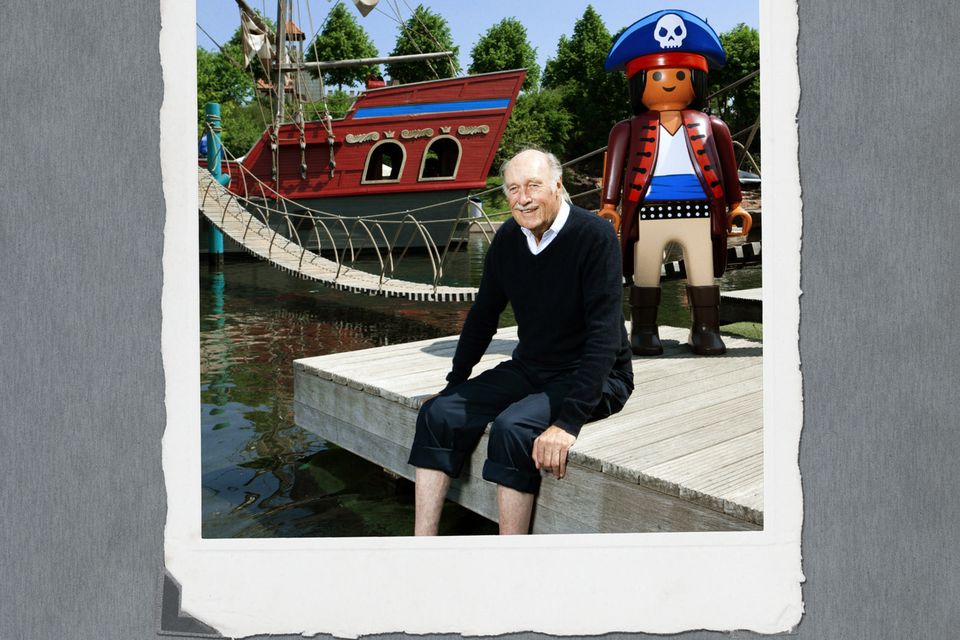Collector alert: Ravensburger is now fully entering the trading card business

The hype surrounding its Disney trading card game opens up access to new target groups and markets for the game manufacturer Ravensburger. Important building block: Events
When fans of the trading card game "Lorcana" competed for their European champion in Euro-Disneyland Paris at the beginning of December, there was not just one winner at the end. In addition to a player from Spain who prevailed among almost 3,000 participants, someone else also benefited from the attention that the major event attracted on site and via streaming worldwide: Clemens Maier, head of the game manufacturer Ravensburger, which sells the cards with Disney characters worldwide.
Since Ravensburger won the US giant Disney as a partner for its entry into the booming market for trading cards, "Lorcana" has become a huge boost. The company has just reported a jump in sales of 18 percent for 2024. The growth comes "to a large extent" from "Lorcana," says founder's great-grandson Maier. The trading cards have already generated three-digit million euros in revenue - with total sales of 790 million euros. It is the best start of a game in the company's history.
The hype surrounding "Lorcana" fits into Ravensburger's strategy of building and marketing entire worlds around the games. The aim, says Maier, is for consumers to be able to "live into the brands". In concrete terms, this means creating additional points of contact in addition to pure gaming. A TV comedy show is starting this year for the party game "Nobody is perfect". There are also plans to bring the games "The crazy labyrinth" and "Lotti Karotti" to the cinema as films in a few years. There are fan meetings for the marble run system "Gravitrax" in several cities.
coup with "Lorcana"But Ravensburger is not expanding its event business as consistently with any of its games as it is with "Lorcana". This includes, first and foremost, the many tournaments, often held in stores where Ravensburger has previously played little role - and major events such as this year's World Cup. To support such "organized plays", Ravensburger has set up its own event team with employees in several countries, four in the USA alone. With "Lorcana", the branding has been greatly professionalized, says Maier. To keep fans happy, new card sets with Disney characters are regularly launched on the market.

The coup with "Lorcana", for which Ravensburger has signed a licensing agreement with its long-term partner, has a high strategic benefit for the brand for other reasons as well. The trading cards also reach new age groups, says Maier - "kidults" between 16 and 36 years old. He has also noticed how attractive "Lorcana" is as a door opener - even in Asia, where trading cards such as "Pokémon" are very popular, but Ravensburger has so far been a tiny player.
"In China or Japan, nobody is actually waiting for a new manufacturer from Europe," says the company boss. But something has changed there recently: At trade fairs, people who previously had little time for Ravensburger wanted to talk to him.
company RavensburgerThe history of Ravensburger goes back to 1883, when Otto Robert Maier founded a book publishing company. Shortly afterwards, he sold the first games. The blue triangle as a brand logo was registered as a trademark in 1974. Ravensburger is still owned by the family today. In 2024, the company had a turnover of 790 million euros.
Published in Capital 3/2025
capital.de






